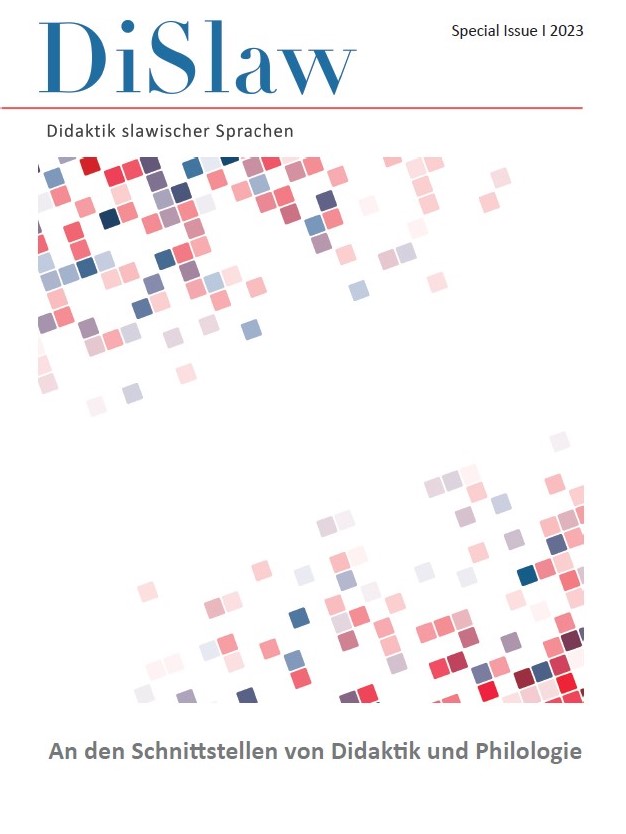Zurück in die Zukunft?
Schulischer Russischunterricht im 21. Jahrhundert
DOI:
https://doi.org/10.48789/2023_special_issue4Schlagwörter:
21st century skills, Future Russian Language Teaching, Intercultural Communicative Competencies, artificial intelligence, AIAbstract
This article deals with the question of how foreign language teaching, especially Russian, will be organized and designed in schools in the future. The rapidly changing social conditions mean that there is a great need for reform of the school system in Germany, which has so far responded too little to the changed conditions of digitality and has not adapted its learning and examination culture to the circumstances of the 21st century. Foreign language teaching, with its current focus on the acquisition of communicative skills, is increasingly being called into question by the rapid pace of technological progress at its core. If artificial intelligence (AI) based applications take over more, easier and better communicative skills in the future, the question arises whether the acquisition of intercultural communicative competencies should not play a greater role in foreign language acquisition. Based on this, suggestions are made as to how Russian lessons can be organized and designed in the future and what measures are necessary for this.



